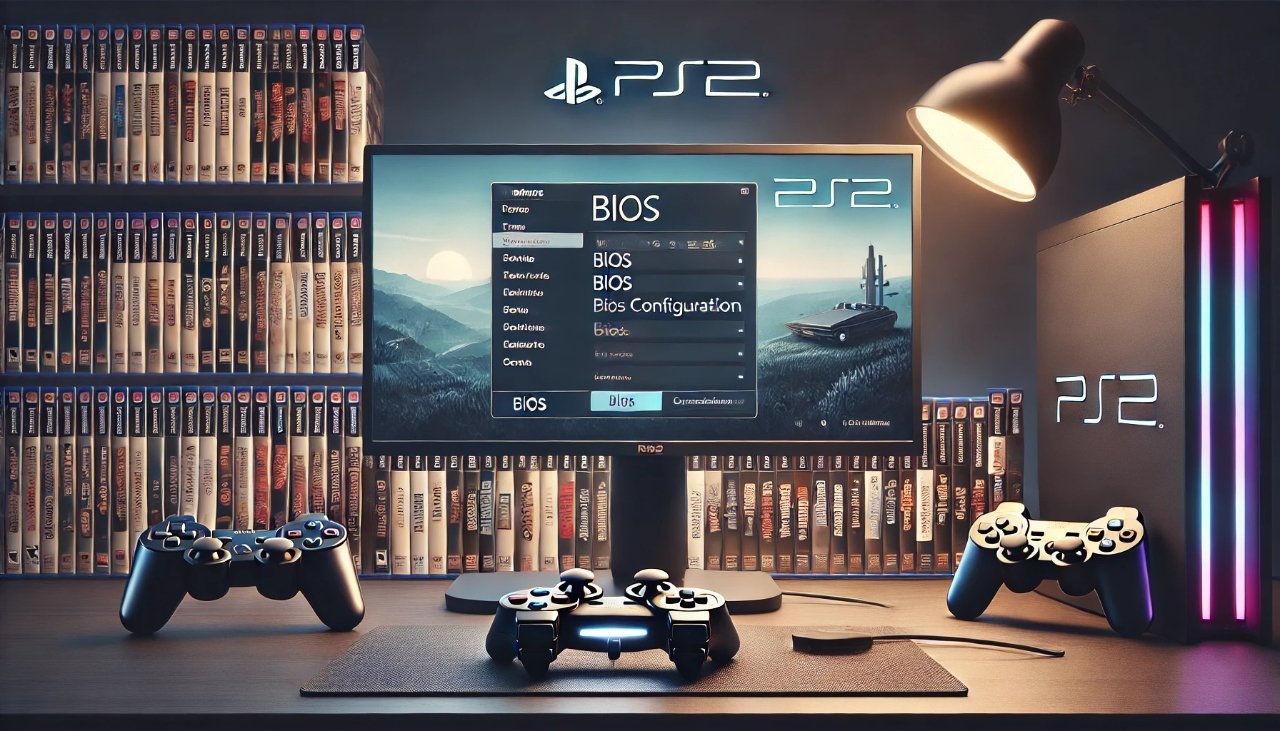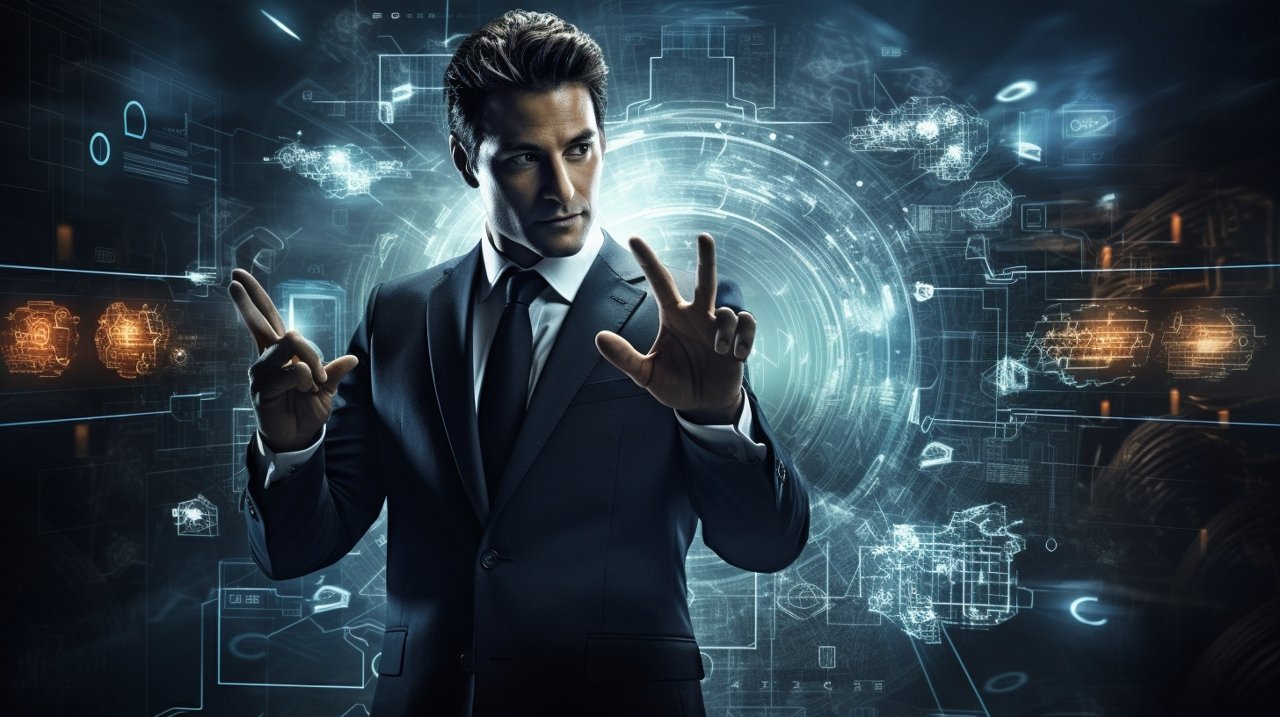PS2 BIOS: Understanding Its Role in PlayStation Emulation

The PS2 BIOS is an essential component for anyone interested in emulating the PlayStation 2 on modern devices. As one of the most iconic gaming consoles, the PlayStation 2 holds a special place in the hearts of gaming enthusiasts. Emulation allows gamers to revisit classic titles, but to do so, understanding the role of the PS2 BIOS is critical. This article delves into the importance of the PS2 BIOS, its functionality, and how it facilitates the emulation process.
What Is PS2 BIOS?
The PS2 BIOS, or Basic Input/Output System, is firmware built into the PlayStation 2 console. It functions as the interface between the console’s hardware and software, initializing system processes and ensuring that games and applications run smoothly. In emulation, the BIOS is required to replicate the original hardware environment on a modern computer or device.
Why Is PS2 BIOS Needed for Emulation?
Emulation recreates the hardware environment of a console on another device, such as a PC or smartphone. However, to accurately replicate the PlayStation 2, the emulator requires the original PS2 BIOS file. This file ensures that the emulator can:
- Load and execute games as intended by the original hardware.
- Provide compatibility with a wide range of PlayStation 2 titles.
- Emulate system features like memory cards and system configuration.
Without the PS2 BIOS, emulators cannot achieve the authenticity and functionality needed for a seamless gaming experience.
How PS2 BIOS Works
The PS2 BIOS serves as the console’s foundation, initiating essential processes during startup. When a game is inserted, the BIOS handles the following tasks:
System Initialization: First, hardware components are checked and initialized to prepare the system for operation.
Game Verification: Next, the BIOS ensures that the inserted disc is compatible with the system and ready to load.
Loading Game Data: Finally, the BIOS facilitates communication between the disc and the console, ensuring that the game runs as intended.
In an emulator, the PS2 BIOS mimics these functions, allowing games to be played on non-PlayStation devices.
How to Legally Obtain a PS2 BIOS
While the PS2 BIOS is vital for emulation, obtaining it legally is crucial to avoid copyright infringement. The BIOS can only be legally extracted from an original PlayStation 2 console that you own. Specialized tools, such as BIOS dumper programs, are used to extract the file.
Downloading BIOS files from third-party websites is illegal and violates copyright laws. Gamers should always prioritize legal methods to ensure ethical gaming practices.
Setting Up a PS2 Emulator with BIOS
Setting up a PS2 emulator involves integrating the BIOS file for optimal performance. To make this process easier, here is a step-by-step guide:
- First, download a PS2 Emulator. Popular options include PCSX2 for PC and AetherSX2 for Android.
- Next, extract the BIOS. Use a BIOS dumper tool to transfer the file from your console to your computer.
- Then, configure the emulator by importing the BIOS file into the emulator’s settings.
- Finally, load games by inserting a PlayStation 2 game disc or using a legally obtained ISO file to start gaming.
Popular PS2 Emulators
Several emulators support PS2 gaming, with PCSX2 being the most widely used:
- PCSX2: Known for its high compatibility and robust performance, it supports most PlayStation 2 titles and features advanced settings for improved graphics and speed.
- AetherSX2: A newer emulator designed for Android devices, offering portability without compromising on quality.
- Play!: A lightweight emulator ideal for less powerful devices, though compatibility with games may vary.
Each emulator requires the PS2 BIOS to function, making its integration an essential step.
Enhancing Gameplay Through Emulation
PS2 emulators allow gamers to enhance their gaming experience in ways that were not possible on the original console:
- Improved Graphics: Upscaling resolutions and adding graphical filters enhance the visuals of classic games.
- Save States: Players can save progress at any point, providing greater flexibility than memory cards.
- Custom Controls: Key bindings and controller configurations can be customized for a more personalized experience.
These features demonstrate the potential of PS2 emulation when paired with a properly configured BIOS.
Legal and Ethical Considerations
The legality of emulation often sparks debate, but understanding the distinction between hardware emulation and copyright laws is essential. Owning a PS2 console and legally extracting its BIOS ensures compliance with intellectual property rights. Additionally, using legally obtained game discs or ISOs further supports ethical emulation practices.
Read More: RDT-STEEL TIP EVENTS
Troubleshooting Common Issues
Integrating the PS2 BIOS into an emulator can sometimes lead to errors. For instance, using an incompatible or corrupted BIOS file can cause the emulator to malfunction. Additionally, improper emulator settings may lead to poor performance or compatibility issues. Furthermore, forgetting to place the BIOS file in the correct directory prevents the emulator from functioning properly.
However, referencing emulator documentation or community forums often provides effective solutions to these problems.
Preserving Retro Gaming Through Emulation
The role of the PS2 BIOS in emulation extends beyond convenience. By enabling access to classic games, it contributes to preserving gaming history. Titles that are no longer available in physical or digital formats can be experienced once again, keeping the legacy of the PlayStation 2 alive for future generations.
Challenges in Emulating PS2 Games
Although emulating PlayStation 2 games offers significant benefits, several challenges arise during the process:
- Hardware Requirements: Emulators demand substantial processing power to replicate the PS2’s architecture accurately.
- Game-Specific Issues: Certain titles may experience bugs or graphical glitches during emulation, impacting gameplay quality.
- Complex Setup: Beginners often find configuring emulators and BIOS files intimidating due to the technical steps involved.
Developers actively work to address these challenges by enhancing emulator accessibility and performance through updates and ongoing development.
The Future of PS2 Emulation
With advancements in technology, PS2 emulators continue to evolve. Developers prioritize enhanced compatibility, user-friendly interfaces, and optimized performance. Moreover, improvements in hardware now enable smoother emulation on devices like smartphones and tablets, making retro gaming more accessible than ever.
Conclusion
The PS2 BIOS stands as the cornerstone of PlayStation 2 emulation, enabling gamers to enjoy iconic titles on modern devices. By understanding its significance and obtaining it legally, players can create an ethical and immersive gaming experience. As emulators progress, the PlayStation 2’s legacy will endure, captivating nostalgic gamers while introducing new audiences to its timeless library.











